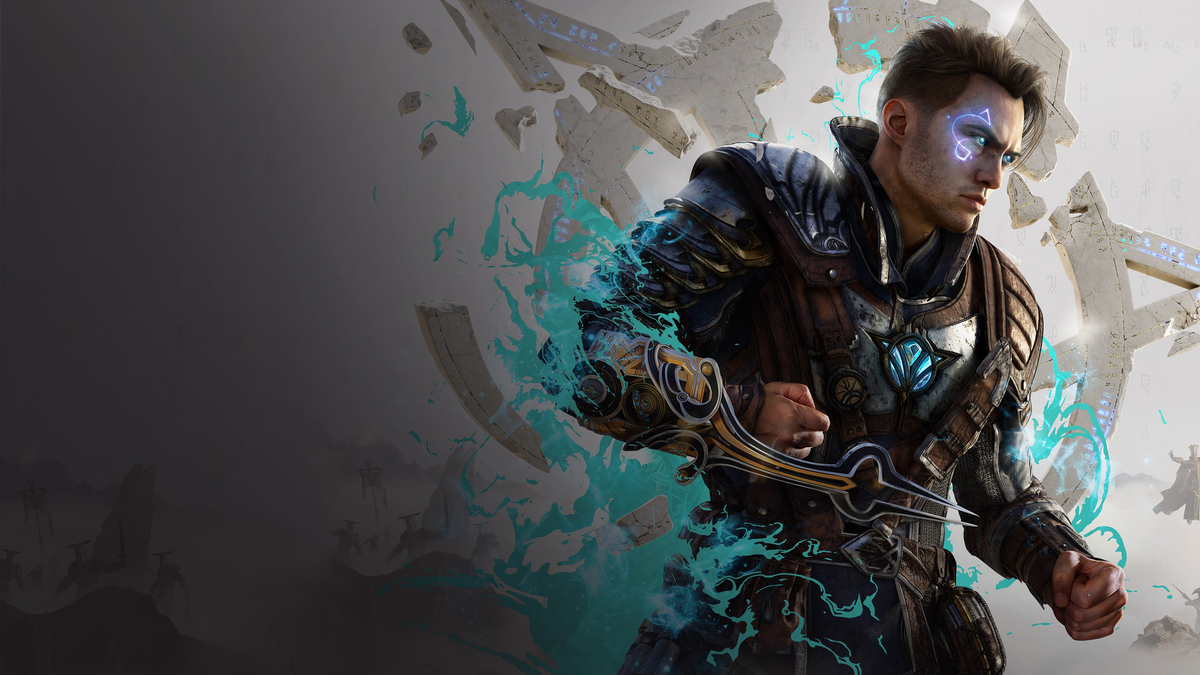In 2024, AAA games are often built around the idea of continuous revenue streams with microtransactions and live-service elements. Perhaps it’s corporate delusion that makes leadership think a needlessly large budget makes for a better game, but making adequate money back on a big-budget blockbuster to satisfy the shareholders is becoming more difficult. Immortals of Aveum developer Ascendant Studio, whose staff included veterans from studios like EA, Sledgehammer, and Telltale, made its debut with the magic-based single-player shooter last year. Shortly after, the team laid off around half its workforce due to poor sales. It sounds like the fallout has given the team a more dire outlook on the state of the AAA market.
The Sims 4's Free Infant Update Can't Compare To The Growing Together Expansion
IGN has run a piece on the state of the video game industry after the unprecedented wave of layoffs that have been going on in 2023 and the first two months of 2024. We’re a month and a half into the year, and over 6000 developers have been laid off across the industry. Among the developers who weighed in for IGN’s story were some of the folks who worked on Immortals of Aveum. They revealed that the game’s budget was around $125 million between development costs and publisher Electronic Arts’ marketing and distribution expenses, but because the game undersold, it was impossible to recoup such high costs.
“At a high level, Immortals was massively overscoped for a studio’s debut project,” a former Ascendant Studios employee told IGN. “The development cost was around $85 million, and I think EA kicked in $40 million for marketing and distribution. Sure, there was some serious talent on the development team, but trying to make a AAA single-player shooter in today’s market was a truly awful idea, especially since it was a new IP that was also trying to leverage Unreal Engine 5. What ended up launching was a bloated, repetitive campaign that was far too long.”
On paper, single-player games like Immortals of Aveum sound ideal for those who aren’t looking for another life-sucking live-service game, but without better sales or in-game purchases to bring in money, it seems the single-player model is only sustainable on games with smaller budgets. Overscope is how Immortals of Aveum ends up with a “bloated, repetitive campaign,” but swaths of the video game industry apparently haven’t figured this out yet. Those realities are especially true for a new, unproven property like this one.
“It’s not a sequel or a remake, it doesn’t take 400 hours to beat, has zero microtransactions, no pointless open-world grinding,” a current Ascendant employee told IGN. “Although not everyone loved it, it reviewed pretty well, currently sitting at a 74 on Open Critic and a Mostly Positive on Steam. No one bought it.”
The sad thing is, alongside impossible-to-please executives, even the best video games are dealing with the problem of constantly increasing scope, and therefore cost. Budgets are increasing for single-player games, but nothing else about the market has changed to compensate, outside of developers frequently bolting microtransactions onto the side of a project. Ideally, studios would scale back from huge, open-world, do-anything-and-go-anywhere games desperately chasing ultra-detailed photorealism in favor of something that is sustainable, but the video game industry’s idea of sustainability is almost exclusively making a forever game that is constantly demanding people’s money and time.
Even if Immortals of Aveum isn’t a huge open-world game, its budget still seems to be aspiring for something larger in scope than the game could reach. Perhaps not every game needs to aspire to cutting-edge visual fidelity, and by saving money on graphics, can make back its budget without relying on multiplayer and live-service elements. Shorter, more streamlined experiences made a profit much more easily 20 years ago. But as budgets increase without feasible return, the entire business model is collapsing under the weight. Despite microtransactions and live-service structures, dozens of games still die if they can’t get a foothold in players’ everyday lives.
It’s a shame that a game like Immortals of Aveum can’t get off the ground, not because there aren’t things to like, but because no one up top stops to think, “What if this game didn’t have to be the biggest, most expensive version of itself?” The result is thousands of layoffs in the first seven weeks of the year and corporate know-nothings wondering how this could have happened.
